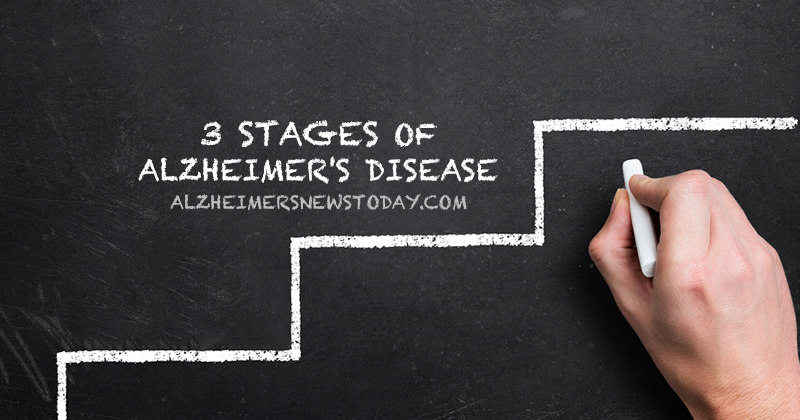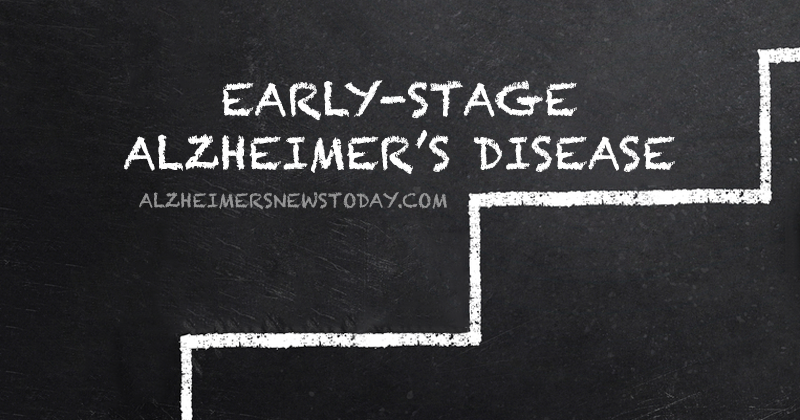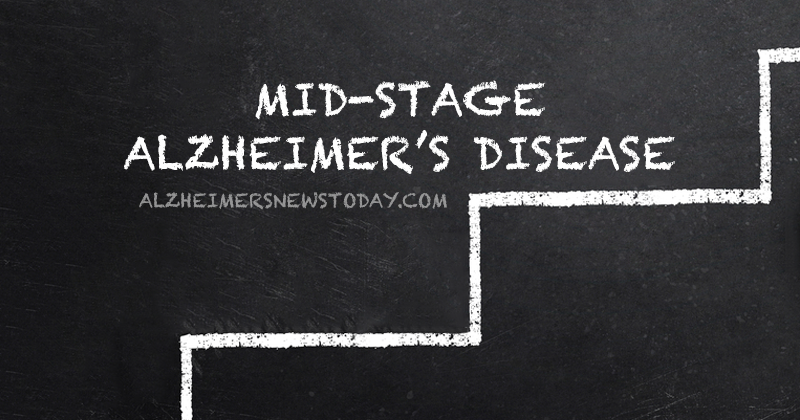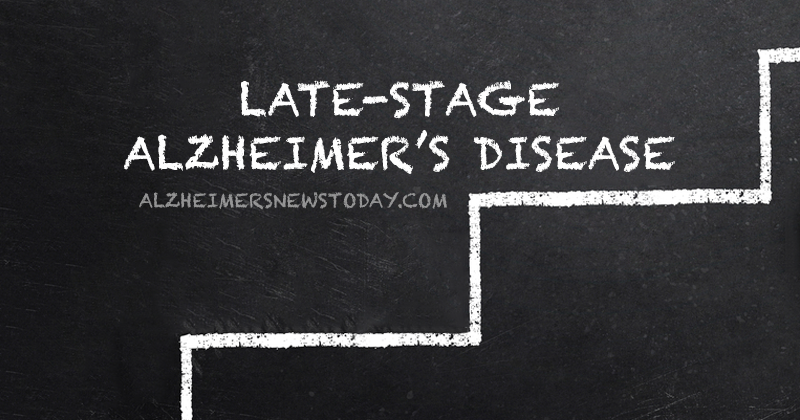The 3 Stages of Alzheimer’s Disease
Written by |

Alzheimer’s disease is a neurodegenerative disorder which typically affects people in their later years (although some people can suffer from early-onset Alzheimer’s). It’s categorized into three stages: early, moderate and severe Alzheimer’s disease. We’ve detailed these stages based on information from the Alzheimer’s Association.
This is when the disease is at its mildest and often goes undetected as symptoms generally get associated with the aging process. The symptoms include problems with short-term memory such as forgetting people’s names you’ve just been introduced to, forgetting information that a person has just read, losing objects, struggling to find the right words in conversation, planning and organizing.
At this point, a doctor may be able to pick up on memory difficulties during a visit but there are no medications to cure or slow down the progression of the disease. However, early diagnosis means that plans can be put in place to safeguard the patient and ensure they get the best quality of life and keep their independence for as long as possible.
Better understand Alzheimer’s disease and how it affects the brain in this short video.
The moderate stage of Alzheimer’s usually lasts the longest and can be protracted over many years. The short-term memory loss will be more apparent and long-term memories are now affected. The dying brain cells may now start to affect moods and it is common for Alzheimer patients to display a range of emotions such as frustration, anger and depression. Other symptoms of this stage of the disease include regularly getting lost, becoming easily confused, neglecting personal hygiene, forgetting people they’ve known for years, not knowing what day it is or where they are, repetitive behavior, and in some cases the loss of bowel control. Most patients will be unable to live independently and safely at this stage and will need some level of care.
Discover some useful tips for caregivers of patients with Alzheimer’s disease.
Late-stage or severe Alzheimer’s disease patients will need around-the-clock care as they’ll be unable to perform simple daily tasks for themselves. Communication skills will have worsened with many unable to speak in sentences or remember what has just been said. By this time, many patients will have begun to lose many of their physical abilities, with some unable to walk, sit or swallow. They will unlikely be aware of their surroundings or who they are talking to most of the time. Severe Alzheimer’s patients are also very vulnerable to infections such as pneumonia.
Find out more about how communication is affected in Alzheimer’s patients.
Alzheimer’s News Today is strictly a news and information website about the disease. It does not provide medical advice, diagnosis or treatment. This content is not intended to be a substitute for professional medical advice, diagnosis, or treatment. Always seek the advice of your physician or another qualified health provider with any questions you may have regarding a medical condition. Never disregard professional medical advice or delay in seeking it because of something you have read on this website.








